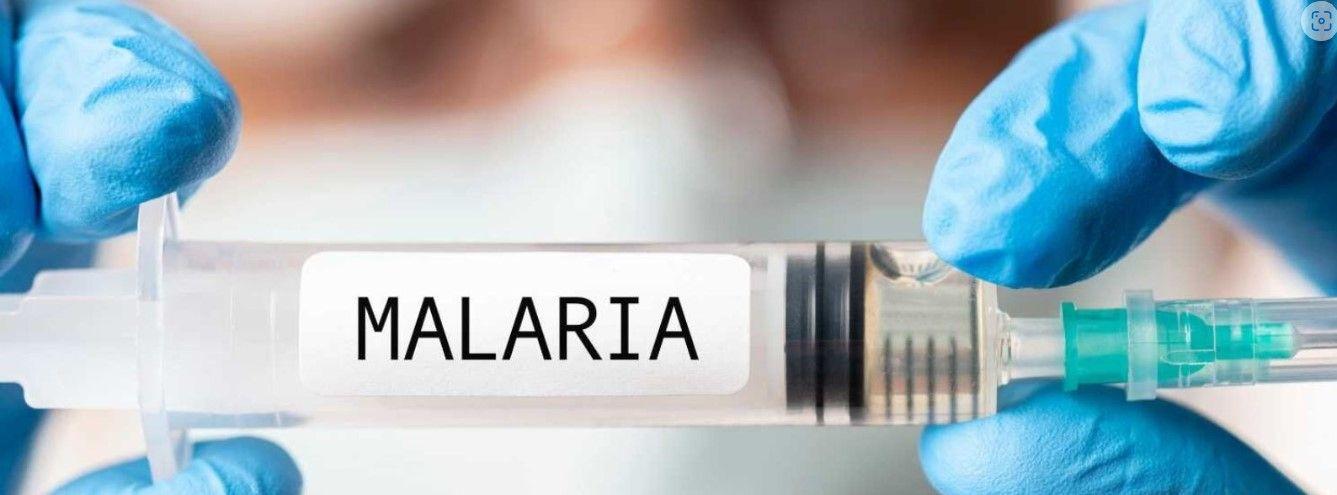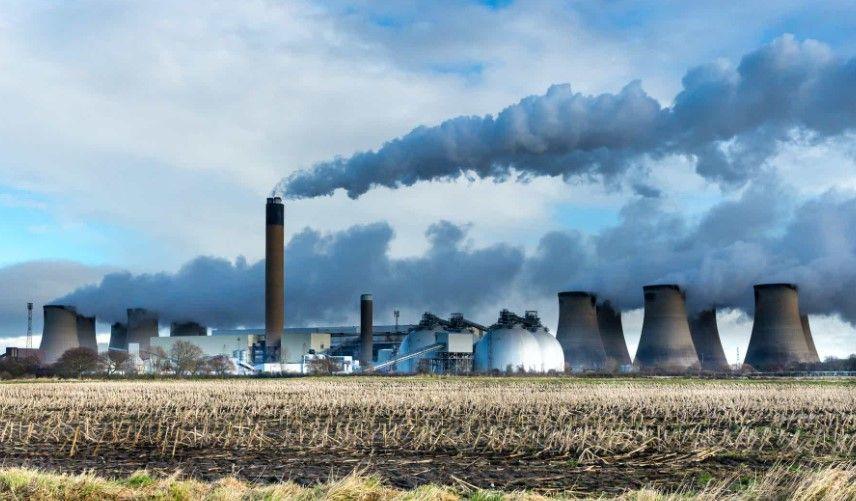INTUSK MAGAZINE
TO THE CORE OF YOUR HEART
Europe Faces Growing Water Crisis
March 5, 2023
According to a study released in January by Graz University of Technology in Austria, Europe has been experiencing drought since 2018 and its water situation is currently "very precarious." The study's authors used satellite data to analyse groundwater reserves.
After experiencing its driest summer in 500 years, much of Europe is currently experiencing a winter drought brought on by climate change, which is causing governments to become increasingly concerned about the security of water for citizens, farmers, and factories throughout the continent.
A drought in the northern hemisphere last year was at least 20 times more likely due to human-caused climate change, according to the World Weather Attribution Service, which also warned that such extreme events would become more frequent as the world warmed.
The boats of the local sailing club are stranded on the desiccated brown banks of the Lac de Montbel in southwest France, which is more than 80% empty.
Given the three-year water shortage in Catalonia, Barcelona has stopped watering its parks. In Germany, shallow Rhine waters are already disrupting barge traffic and forcing boats into central Europe to load at half capacity.
Visitors in northern Italy have the option of walking to the tiny island of San Biagio, which is typically only accessible by boat and where the water level is 70 cm (27 in) lower than usual. There has been 63% less snow than normal in the Alps.
There are warnings for low rainfall or soil moisture in parts of northern and southern Spain, northern Italy, and southern Germany, with almost all of France affected, according to a map of current droughts in Europe from the EU's Copernicus programme.
Since records began in 1959, France has gone 32 days without any appreciable rainfall, and the official weather forecaster Météo-France has predicted that this trend will continue at least through the end of the month.
According to France's CNRS scientific research centre, it was determined that the drought last summer was brought on by anthropogenic climate change and that the drought this winter displayed "the same characteristics" by comparing droughts before 1945 and droughts since 1945.
Spain as a whole has been experiencing drought since January 2022, but Catalonia's water supplies have gotten so low that officials this week passed laws limiting the amount of water used for industrial and agricultural purposes and reducing the average daily supply per person from 250 to 230 litres.
The country must be ready for "much longer cycles of extreme drought and periods of incredibly tough flooding," according to Spain's environment minister Teresa Ribera, who issued a dire warning in January about the unavoidable reality of the climate emergency.
The average amount of available water had fallen by 12% since 1980, Ribera noted, and projections suggested a further drop of between 14% and 40% by 2050.
According to reports, the Italian government is getting ready to form a taskforce with a "super-commissioner" and representatives from various ministries to deal with the effects of the severe drought, which are already beginning to affect agriculture.
The national research council of Italy stated last month that rainfall in the north was 40% below average in 2022 and that the absence of precipitation since the start of 2023 had been "significant".



